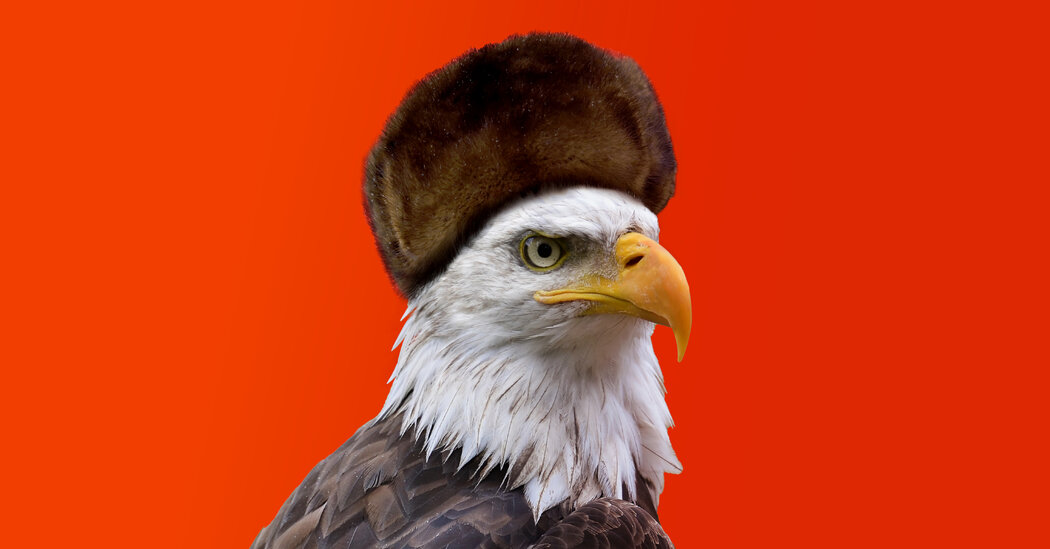As Buchanan saw it, the great struggle of the 21st century wasn’t a geopolitical battle between East and West, or freedom and oppression. It was a cultural battle between traditionalists and the secular, multicultural, global elite. In this context, America’s crusade to spread democracy was bound to lead it astray. “If communism was the god that failed the Lost Generation,” he wrote in the early ’90s, “democracy, as ideal form of government, panacea for mankind’s ills, hope of the world, may prove the Golden Calf of this generation.”
Buchanan had a following, but he was very much on the margins of a party dominated by neocons, who saw America’s victory in the Cold War as the decisive triumph of liberal democracy. The post-Cold War world order appeared to be set; history had ended. The attacks of Sept. 11, and the overwhelming bipartisan support for America’s military response to them, only reaffirmed the urgency and righteousness of the cause.
In 2013, Buchanan turned his gaze toward Russia. He had recently published his best-selling book “Suicide of a Superpower,” bemoaning what he saw as America’s ongoing social, moral and cultural disintegration. It was an apocalyptic warning about the country’s declining birthrates, the diminishing influence of Christianity, the vanishing nuclear family and what Buchanan called “third world” immigration. Chapter titles included “The End of White America” and “The Death of Christian America.”
Against this backdrop, Buchanan saw Putin as an inspiration. While Obama condemned the Russian president as an enemy of American values, Buchanan embraced him as one of his own. “Is Vladimir Putin a paleoconservative?” he wrote in 2013 in The American Conservative. “In the culture war for mankind’s future, is he one of us?” When Russia annexed Crimea the following year, Buchanan characterized the invasion as part of Putin’s divine plan to establish Moscow as “the Godly City of today and command post of the counterreformation against the new paganism.”
Mainstream conservatives distanced themselves from Buchanan — and Putin — but the ground was shifting beneath them. A backlash was brewing on the right against immigration and progressive social change, as well as America’s misadventures in Iraq and Afghanistan and the American project to export liberal democracy. A new generation of nativist, reactionary thinkers gravitated toward Putin’s Russia as an ally in their culture war to turn America instead toward an antiglobalist nationalism. Putin’s critiques of Europe’s liberal immigration policies and his talk of rebuilding a Russia with citizens who felt “a spiritual connection to our Motherland” resonated. “In 20 years, Russia will be the only country that is recognizably European,” the right-wing commentator and author Ann Coulter said in 2017.

